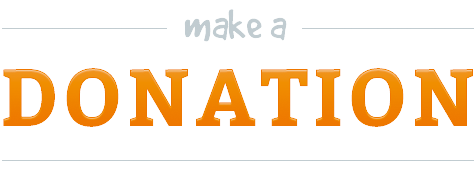Environmentally Sound Management ULAB An Urgent Need in Bangladesh

The government should initiate environmentally sound management (ESM) and regulate unauthorized ULAB recycling to prevent health risk and environmental pollution. Experts express their concern on informal recycling of used lead-acid battery throughout the country in a Capacity Building Workshop organized by the Environment and Social Development Organization – ESDO in collaboration with the UN Environment Program and International Lead Association in Dhaka both physically and virtually.
The workshop discloses that, to date, 270 locations have been identified and assessed by environmental health professionals from Pure Earth and the Department of Geology of the University of Dhaka. These assessments revealed high concentrations of lead in surroundings, informal ULAB recycling operations and severe public health risks to nearby residents. A study of the economic impacts from lead exposure estimates that each year Bangladesh loses US $15.9 billion dollars in GDP from reduced lifetime earning potential among the exposed population. According to the ESDO assessment report, More than 6 thousand informal and illegal ULAB recycling operations across the country and these informal and unsound ULAB recycling is believed to be a significant contributor to population lead exposure across the country and the primary contributor to lead pollution hotspots.


